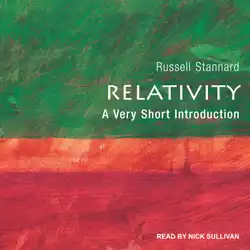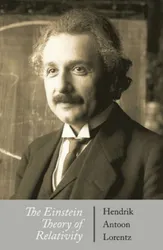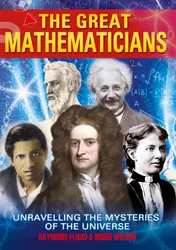The theory of General Relativity, formulated by Albert Einstein in 1915, revolutionized our understanding of gravity and the nature of spacetime. This theory proposes that gravity is not a force transmitted between masses, but rather a curvature of spacetime caused by mass and energy. In this abstract, we provide a concise overview of the key principles and implications of General Relativity. We discuss the equivalence principle, which states that inertial and gravitational mass are indistinguishable, leading to the geodesic motion of particles in curved spacetime. The Einstein field equations, a set of nonlinear differential equations, describe how matter and energy distribution determine the curvature of spacetime. These equations predict the behavior of gravitational waves, the bending of light in a gravitational field (gravitational lensing), and the existence of black holes. General Relativity has been confirmed through various experiments and observations, including the deflection of starlight during a solar eclipse and the recent detection of gravitational waves. Its profound influence on cosmology and our understanding of the universe's large-scale structure continues to drive scientific inquiry and shape our comprehension of fundamental physics.

Relativity
Russell Stannard
audiobook
Special & General Relativity (Concise Edition)
Albert Einstein
book
Pseudowork : How we ended up being busy doing nothing
Anders Fogh Jensen, Dennis Nørmark
audiobookbook
Løping : en verdenshistorie
Thor Gotaas
audiobook
Pseudoarbejde : Hvordan vi fik travlt med at lave ingenting
Anders Fogh Jensen, Dennis Nørmark
audiobookbook
The Einstein Theory of Relativity
Hendrik Antoon Lorentz
book
Warehouse Logistic Management
Anamelissa Montenegro Cordero, Andrés Castellanos Ramírez
book
The Distracted Mind
Adam Gazzaley, Larry D. Rosen
audiobook
Mitt liv som middels langrennsløper
Thor Gotaas
audiobook
The Einstein Theory of Relativity
H. A. Lorentz
book
The Great Mathematicians
Raymond Flood, Robin Wilson
bookLove Wins : At the Heart of Life’s Big Questions
audiobook


